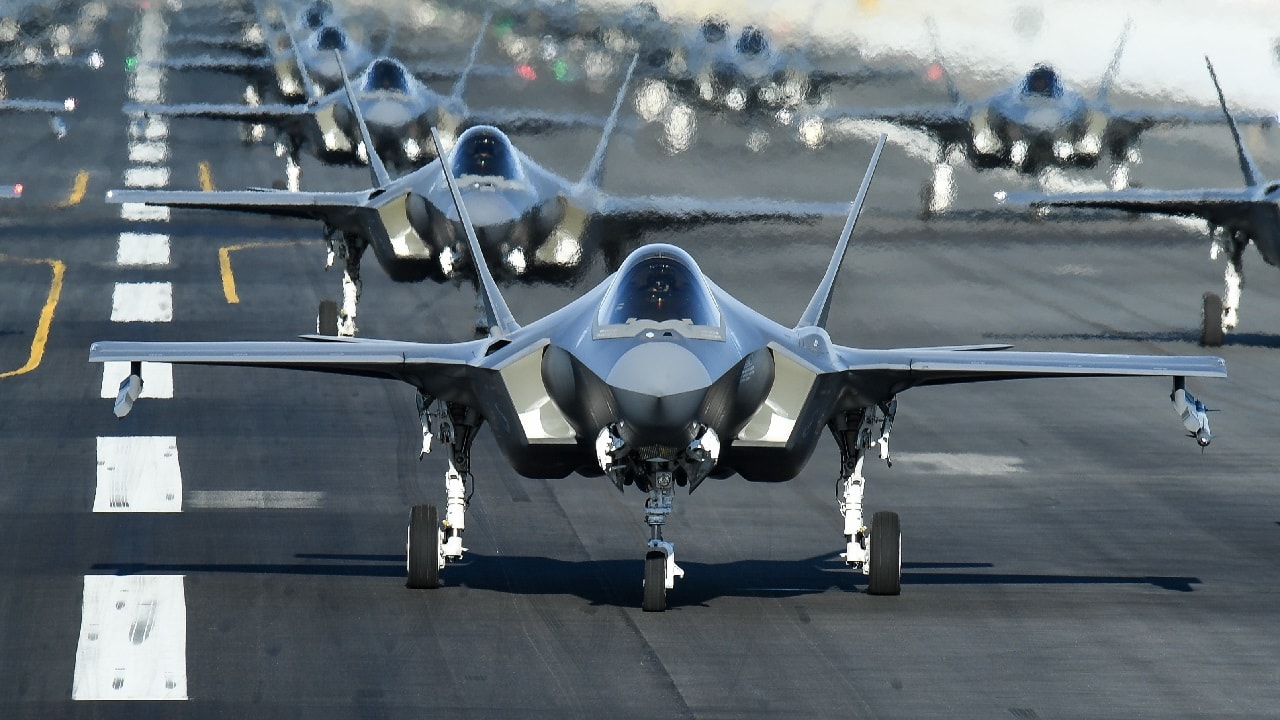Greece may be the next client to procure the American F-35 Joint Strike Fighter.
This week, Greece’s government pledged to “safeguard the country” by continuing defense modernization efforts, including the acquisition of the formidable fifth-generation fighter platform.
In June, Prime Minister Kyriakos Mitsotakis began his premiership after his New Democracy party won the general election.
Greece has been taking the necessary steps to purchase the F-35 over the last year and the purchase appears to be imminent. Last month, the most senior Republican on the Senate Committee on Foreign Relations Jim RIsch approved the prospective sale. A few months earlier, U.S. Senator Bob Menedez approved the deal. Athens had originally requested to procure 20 F-35A Lightning II jets with the option to buy an additional 20 down the line.
Greece’s quest to acquire F-35s
Prime Minister Mitsotakis first announced Athens’ intention to purchase the F-35 last year during a North Atlantic Treaty Organization (NATO) summit in Spain. Last July, Greece’s Defense Minister discussed the potential inclusion of Athens into the F-35 program with U.S. Defense Secretary Lloyd Austin as well as the director of the Pentagon’s F-35 joint program office Sean Burke. Joining the nine-nation co-development F-35 program would require Athens to stake its own equities in the F-35’s production and manufacturing processes. This announcement coincided with Greece’s lobby against a potential sale of F-16 Fighting Falcons to Turkey at the time.
Greece and Turkey have remained rivals for more than 1,000 years, despite both countries being NATO members. Initially, Ankara was part of the nine-nation F-35 development program but was later expelled in 2019 after refusing to comply with U.S. demands to avoid purchasing Russia’s S-400 ground-based air-defense system. American officials were concerned that the Russian intelligence collection platform could be used to ascertain details surrounding the F-35’s advanced capabilities. By 2021, Ankara requested to buy $20 billion worth of Lockheed Martin’s F-16 jets in addition to modernization kits for its current airframes. Several U.S. representatives have expressed concern surrounding the deal, in part due to Ankara’s provocations over Greece’s airspace.
An overview of the F-35 Lightning II
While it may be one of the priciest fighter jets to fly to skies, the F-35 is also arguably the best. Able to provide intelligence, surveillance, electronic warfare and reconnaissance capabilities, the F-35 is truly a renaissance platform. The robust fighter jet can fly at speeds as high as Mach 1.6 (times the speed of sound) and can carry four weapons in its internal payload without negating its stealth. Additionally, the Electro-Optical Distributed Aperture System (DAS) and advanced helmet mounted display gives pilots top-of-the-line situational awareness. Perhaps most significant is the F-35’s state-of-the-art tactical data links, which “provide the secure sharing of data among its flight members as well as other airborne, surface and ground-based platforms required to perform assigned missions,” as explained by Air Force.
Since the F-35 Lightning II is arguably the most sophisticated fifth-generation fighter platform in the skies today, Greece’s potential procurement of the fighter would give its military an aerial edge over its top adversary Turkey.
Maya Carlin, a Senior Editor for 19FortyFive, is an analyst with the Center for Security Policy and a former Anna Sobol Levy Fellow at IDC Herzliya in Israel. She has by-lines in many publications, including The National Interest, Jerusalem Post, and Times of Israel. You can follow her on Twitter: @MayaCarlin.

